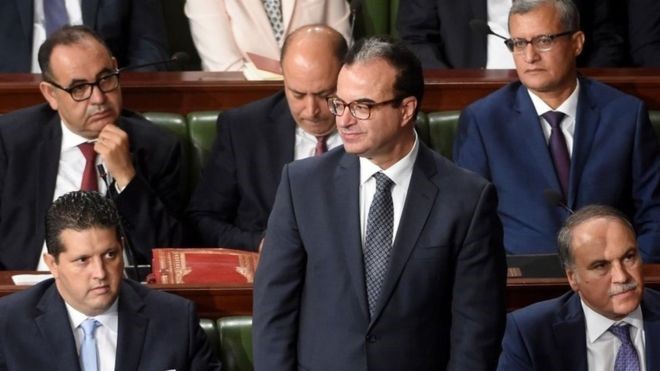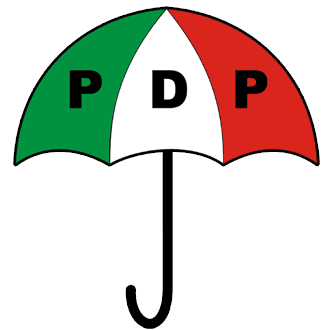
Infrastructure Development in part Nigeria
Nigeria: N 11tr Required Yearly for Infrastructure Development, Says Bank MD
No doubt, infrastructure is critical for the economic development of any nation. But Nigeria would need to spend to spend 35 billion dollars, about 11 trillion Naira per annum over a period of five years to stimulate her economy
Adekunle Oyinloye, Managing Director, the Infrastructure Bank, made remarks in a presentation yesterday.
Nigeria’s 2017 budget is a little above 7 trillion naira and its 2018 budget, recently presented by President Muhammadu Buhari is a little above 8 trillion Naira.
That means that Nigeria requires about a double portion of its national budget spent on structure for the country to get on the right economic track.
In the 2017 budget, only N1.047 trillion is dedicated to key infrastructural spending. And that was in fact, more than the total allocation to infrastructure between 2011 and the first half of 2015.
Oyinloye, said this in Abuja while presenting a paper on “Economic Indices and Relationship with Infrastructure Development” at a forum for set 1988 Economics Class, Ahmadu Bello University, Zaria.
Oyinloye said capital investments was a reliable avenue for engendering sustainable economic growth and development.
“According to the National Integrated Infrastructure Master Plan (NIIMP), Nigeria needs about 35 billion US dollars per annum for a succeeding period of five years to sustain robust economic growth.
“That is what we need but we have never gone beyond about 12 billion dollars; so it estimated that the structure funding needs for the next 30 years is in the region of three trillion US dollars.
“The NIIMP relies on empirical data to identify critical linkages between economic growth, sustainability and Infrastructure development.
“And emphatically noted that developed economies typically record core structure stock and value of about 70 per cent of this stock as proportion of their GDP.
“With power and transportation infrastructure usually accounting for at least half of that total stock volume.
“In contrast to national benchmark however, Nigeria’s core structural stock is estimated as at today to be around 20 to 25 per cent of our GDP,” he said.
According to Oyinloye, structure is a key ingredient for enhancing the nation’s productivity and economic growth.
He, however, said it was important to utilize relevant economic indices to ascertain its level of investment.
He explained that for emerging and frontier economies, the imperative for governments in terms of infrastructure investments was to attract private participation in infrastructure financing.
Also, Dr Salamatu Isah, the Head of Department of Economics, ABU, in her remarks said lack of infrastructure had been a major problem in the country.
Isah recalled a recent statistics by the NBS which showed that services and other sectors had the highest rates while the manufacturing sector had the lowest.
According to her, the low rate performance by the manufacturing sector is due to the obvious challenges of infrastructure in the country.
She however called on the government and relevant authorities to ensure structure development in the country so as to improve the basic standard of living of Nigerians.




Recent Comments